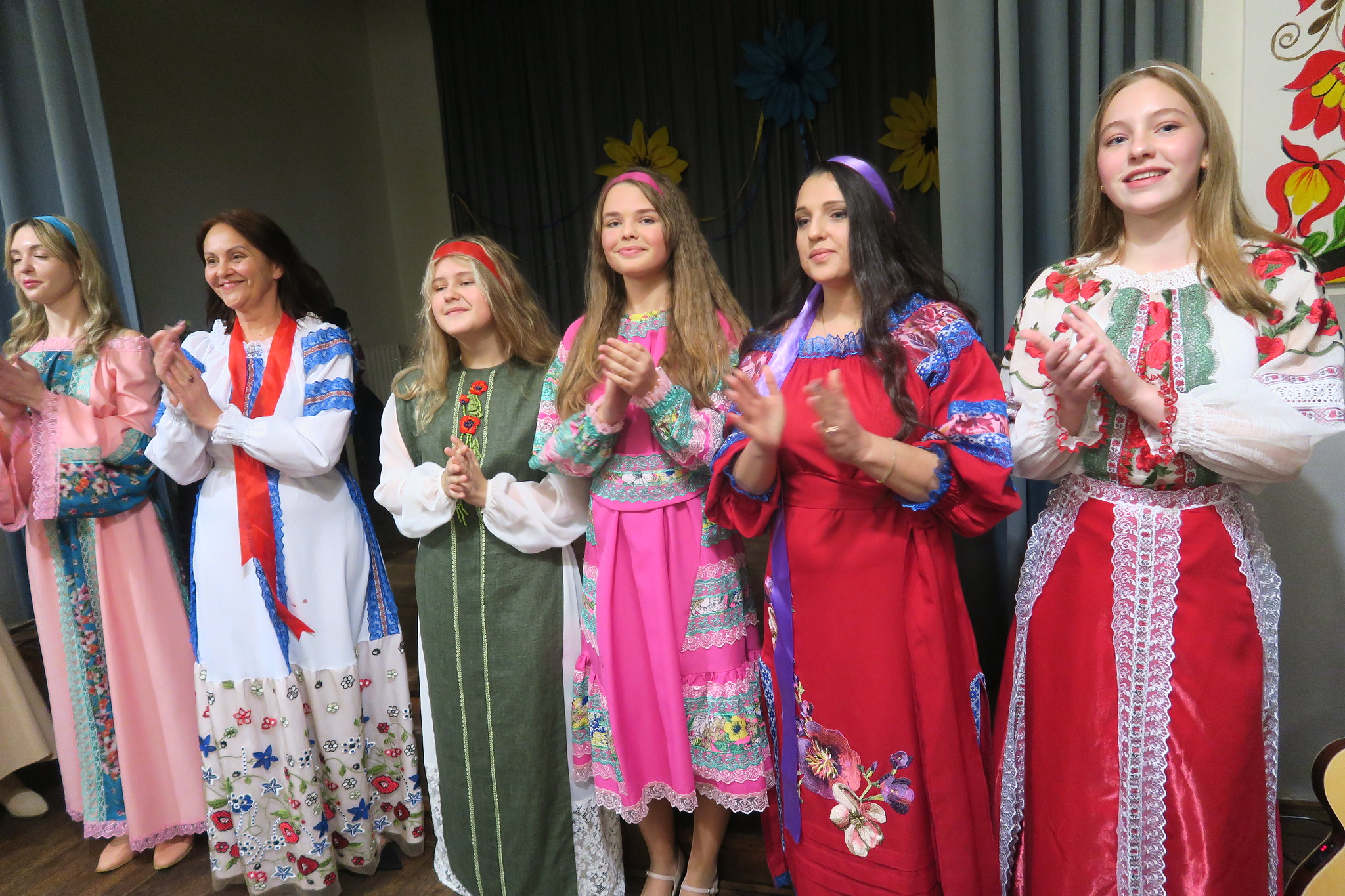Technical English (55693) - Winter Semester 2023/4
Kursliste
Technical English (55693) - Winter Semester 2022
Learn to complain as much as you like.
An English course for Ukrainians living in Aachen, Germany.

Technical English (55693) - Winter Semester 2023/4
Technical English (55693) - Summer Semester 2023
Technical English (55693) - Winter Semester 2022
Technical English (55693) - Winter Semester 2022
Technical English for Electrical Engineering (50155) - Summer Semester 2021
Technical English (55693) - Summer Semester 2021
Technical English for Electrical Engineering (52300) - Summer Semester 2019
Technical English for Electrical Engineering (50155) - Summer Semester 2021
Technical English (55693) - Summer Semester 2021
Technical English for Electrical Engineering (52300) - Summer Semester 2019
Technical English (55693) - Winter Semester 2020/21